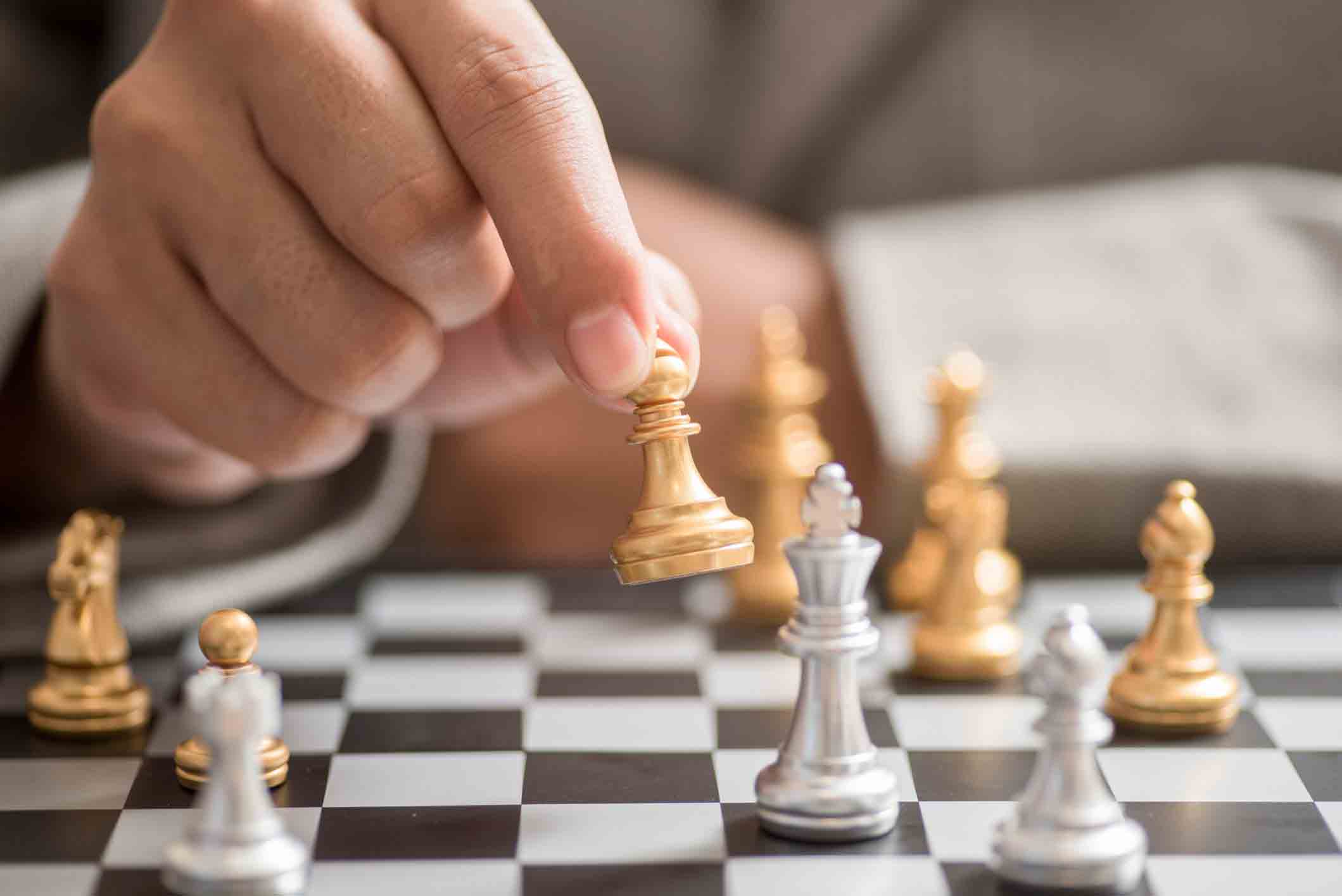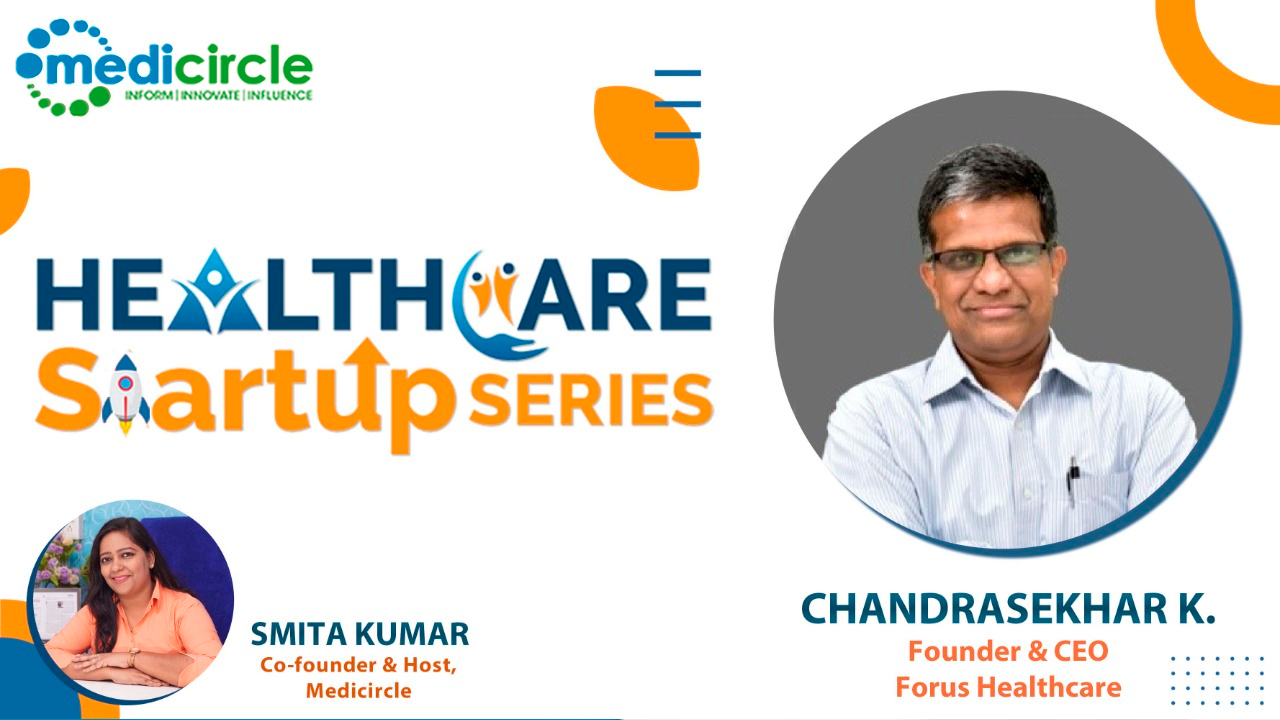On July 20th 1924 Fédération Internationale des Échecs (FIDE) or in other words World Chess Federation was formed. On the same day but in another year, on 20th July,1966 International Chess Day was initiated by UNESCO (United Nations Educational, Scientific and Cultural Organization) to stress on the significance of the game.
Chess originated in India in the 5th century, and was known by the name of “Chaturanga”. Later on, it spread to Persia. This constructive pastime then spread to Southern Europe. The rules and mechanisms of the game changed as it travelled from one country to another. Thus, the modern version of chess that is played today is somewhat different from the original form. With the modernization of chess there have been exciting and competitive chess tournaments all across the globe. It is also extensively enjoyed by amateurs of all age groups. According to research, more than 605 million adults play chess globally on a regular basis.
Benefits of playing chess on brain functionings
Chess is not just a popular pastime, rather a practice that keeps the brain smart. Perhaps this is why it is regularly played by so many people globally.
Chess helps in better brain function – just like physical exercise is important for keeping us fit. Exercise of the brain through mind games like chess is immensely beneficial. The rules and techniques of chess help in rigorous workout of both sides of the brain. It can improve our mental age by more than a decade, scientists say.
Chess helps in strengthening our memory – There are so many tactics and strategies involved in chess that regular players sort of learn the strategies and tactics by heart over a course of time. Playing chess is said to positively benefit crucial areas of life like academic performance, keeping pace with deadlines and commitments etc. by strengthening memory.
Chess helps in improving attention – As our time in digital devices has increased; our attention span has decreased. Focus levels of both adults and children are at decline. This severely hampers productivity. Since chess is a game that requires complete attention for long durations, it helps the mind to focus on the task in hand. It helps to control distractions. This quality is extremely important for the success of human beings in all phases of life; be it in school homework or professional goals.
Chess helps to improve cognitive abilities – Our perception, motor, visual, spatial processing skills etc. comes under cognitive abilities. Chess improves all these cognitive functions and makes them sharper as it is a game that covers almost all aspects of our cognitive skills.
Chess helps improve our strategic thinking – Winning in chess means that the person has used the strategies in the best possible way. This is what is required every day in our lives. We need to put our best foot forward, and to utilize our best strategies to achieve our set goals. If our strategies are right we are able to make the most out of our 24 hours. Also to scale through different challenges of life we need to have not just plan A but plan B too. This is something that chess as a game teaches us!
So, do not hesitate to play chess as you would be doing yourself good by doing so. It is a means of constructive time-pass, far better than whiling away as a passive or non-constructive audience of electronic or digital means of entertainment.

 Chess is considered a thinking man’s game. It’s a game of applying the brain for wits and strategies. International Chess Day is celebrated each year on 20th July to acknowledge the benefits that the game has on the human mind.
Chess is considered a thinking man’s game. It’s a game of applying the brain for wits and strategies. International Chess Day is celebrated each year on 20th July to acknowledge the benefits that the game has on the human mind.









.jpeg)










.jpeg)

.jpeg)










.jpg)




.jpg)

